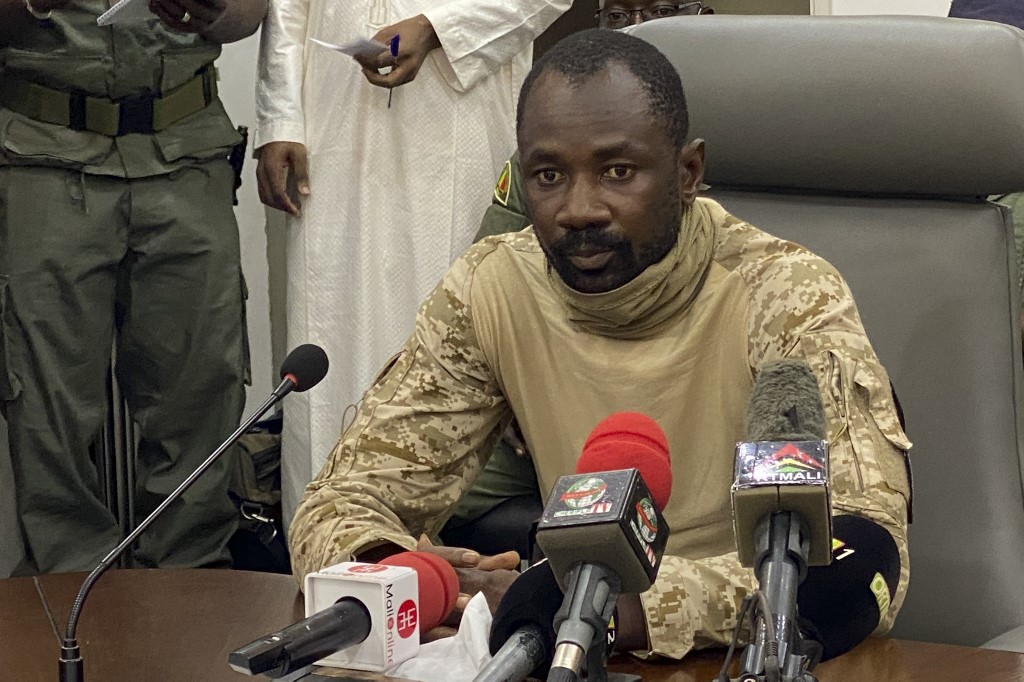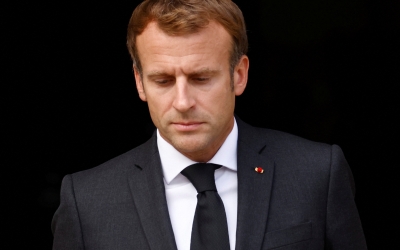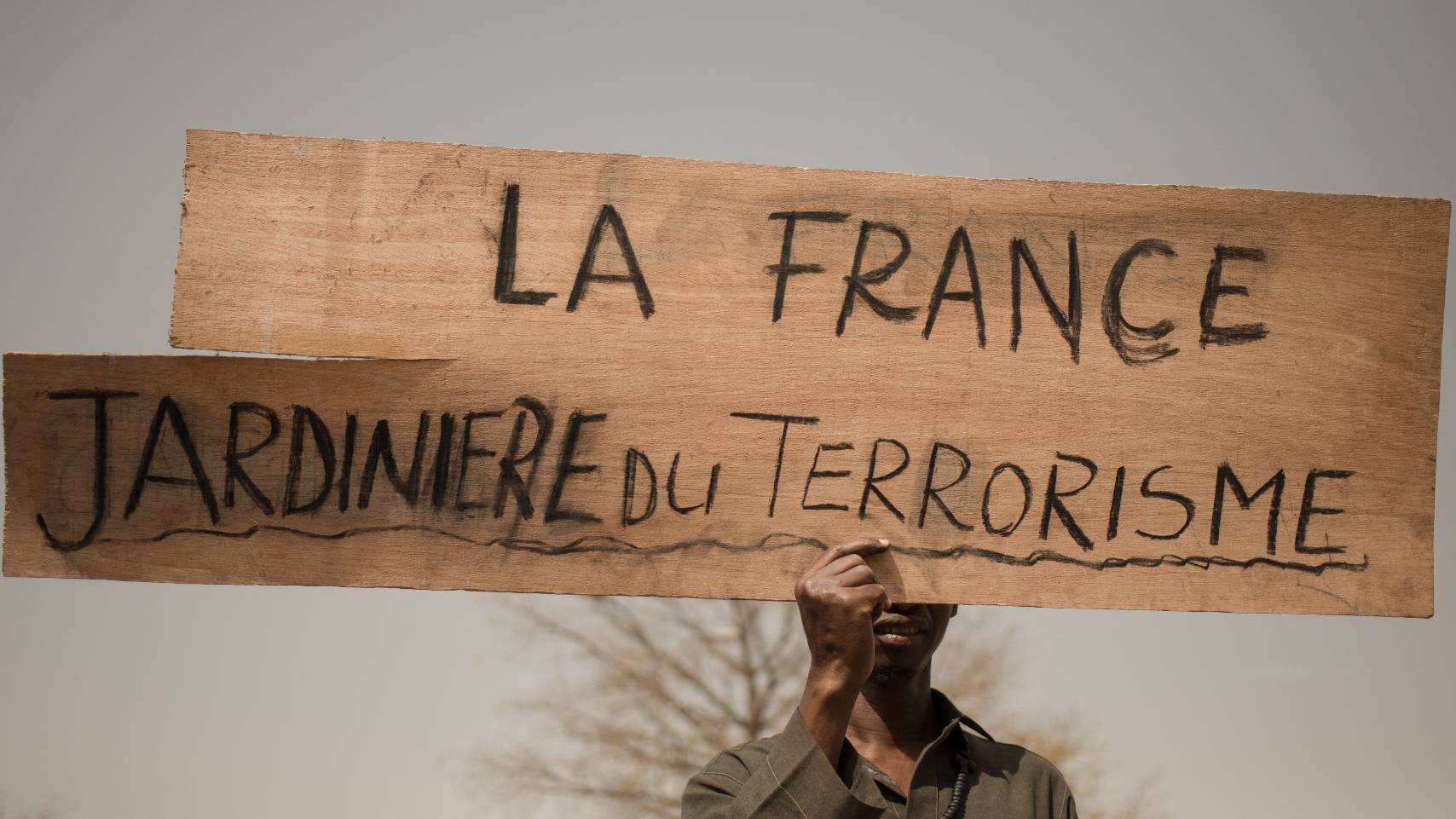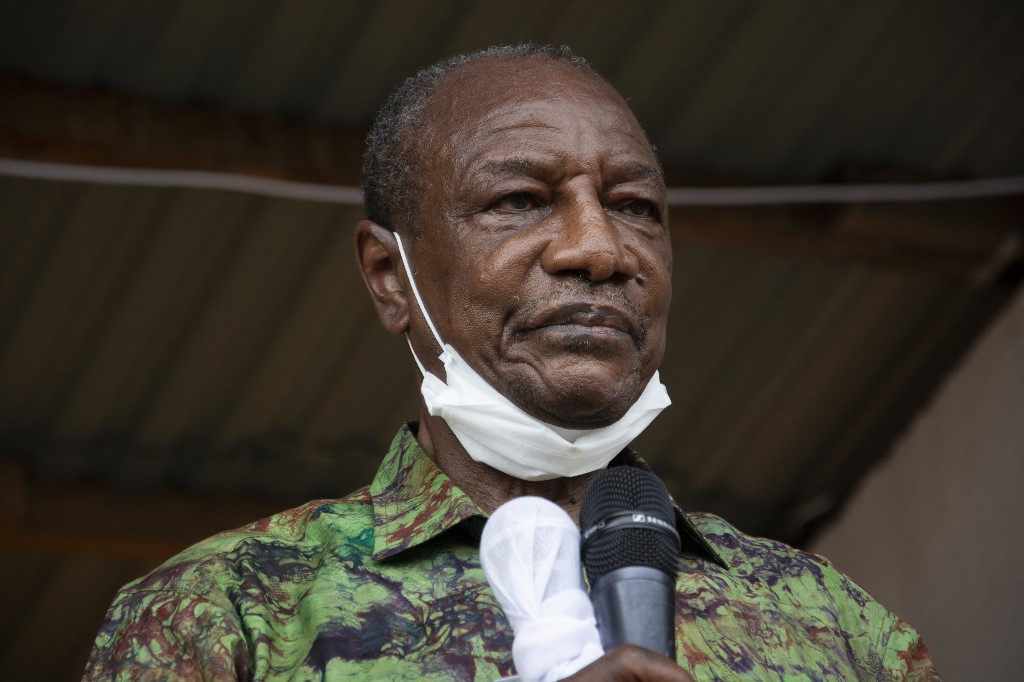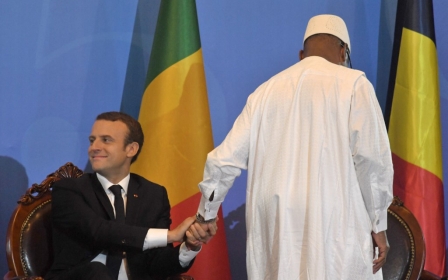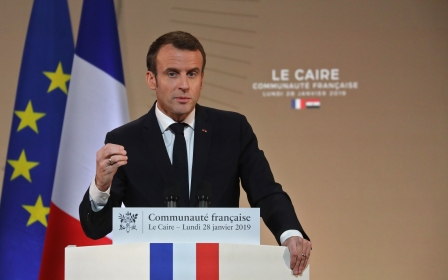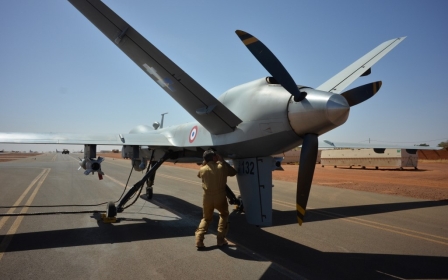How will the French pullout from Mali affect security in the Sahel?
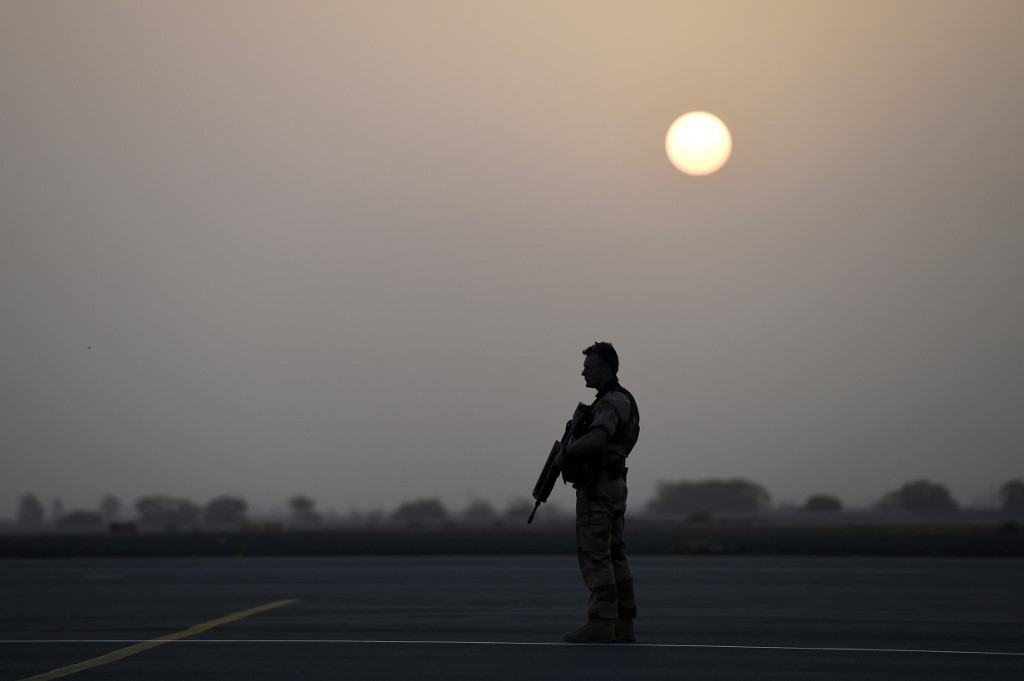
President Emmanuel Macron’s recent announcement of the withdrawal of French troops from Mali comes as no surprise. Last month, Mali demanded the departure of the French ambassador, reflecting popular anti-French sentiment in the country.
Although France has had a continued presence in Mali since the country’s independence in 1958, the massive deployment of French military resources in 2013’s Operation Serval marked the start of a new dynamic. Greeted by Malians as a liberation from the yoke of radical Islamist groups, the operation was short and decisive, leading Malians to believe that France had helped to restore peace and security in the country.
Part of Mali's population had begun to see France as an occupying force, rather than a liberating one
It should also be remembered who France was negotiating with at the time. In January 2013, Mali was in the middle of an executive crisis: Dioncounda Traore had been appointed interim president after a coup against Amadou Toumani Toure. The frontrunner in that year's presidential race, Ibrahim Boubacar Keita (IBK), had strong ties to France and was counting on a French military victory to restore the rule of law and enable him to become Mali’s legitimately elected president.
By September 2013, it was a done deal. Operation Serval had delivered on its main objectives, and IBK acceded to Mali’s highest office - a position he could never have aspired to without the backing of the French military. A few years later, at the Africa-France summit of 2017, he was quick to praise the decisive role of former French President Francois Hollande.
In short, 2013-18 was a period of relative calm.
New MEE newsletter: Jerusalem Dispatch
Sign up to get the latest insights and analysis on Israel-Palestine, alongside Turkey Unpacked and other MEE newsletters
Mali's new strongman
The 18 August 2020 coup completely altered the dynamic. Assimi Goita seized power from IBK and installed the National Committee for the Salvation of the People. A classic product of the military academies of Mali, Goita exhibited a much less favourable, and even hostile, attitude towards the French military presence in Mali.
The current Malian crisis must be viewed in the context of the deep political and security crises shaking a number of Sahelian states
His role as the new "strongman of Mali" was cemented when he later took power from Bah Ndaw after a second coup in 2021 - a position he has since reinforced by being declared interim president of Mali.
Meanwhile, with France’s transition from Operation Serval to Operation Barkhane, part of Mali’s population had begun to see France as an occupying force, rather than a liberating one. This was understandable, given Barkhane’s much broader, but also much vaguer objectives: to ensure the security of the western Sahel in cooperation with the G5 Sahel Joint Force, which coordinates regional cooperation in development policies and security matters in West Africa.
France’s tarnished image in Mali thus directly stems from its failure to deliver political victories in the western Sahel - owing, quite simply, to the disproportionate nature of its objectives.
In addition, last year’s announcement of a partial withdrawal of French forces might have suggested that it was time for Mali to consider new alliances. Bamako’s links to Russia’s Wagner Group naturally comes to mind. A joint statement signed by France and other nations in December 2021 condemned the deployment of mercenaries on Malian territory.
According to France, the paramilitary organisation has no authority to intervene and risks compromising long-term stability in Mali, a position the Economic Community of West African States (Ecowas) has reiterated. The communique noted that the EU had imposed restrictive measures on Wagner, amid investigations into serious human rights abuses.
Malian officials, meanwhile, were no longer willing to take “lessons” from France.
Broader military presence
Despite France’s drawdown in Mali, Paris is nonetheless an indispensable military power in the Sahel, for want of other credible African or international partners. It controls essential facilities, including air and land bases in Niamey, N’Djamena and Gao.
Without such infrastructure at their disposal, Wagner mercenaries are unlikely to conduct extensive operations in the Sahelian theatre.
French military troops are still actively engaged in armed operations, leading scores of missions each year and regularly eliminating combatants deemed to be terrorists. But French intervention alone cannot be expected to end insecurity in Mali and the broader Sahel region.
France has become a victim of the textbook counter-insurgency syndrome of wars: the more resources you pour into a conflict, the greater the threat. In Mali, the solution is first and foremost political: insecurity will continue until a long-term solution to the transitional government crisis is found. A one-sided war against terrorism is not a viable long-term political objective for an outside power such as France.
The Serval-Barkhane transition has spotlighted the evolving nature of how armed forces are being used by western governments in the 21st century. Conventional military powers such as France find their strength in rapid, high-intensity operations with precise military objectives.
Yet, as soon as they become mired in drawn-out conflicts involving disparate issues such as terrorism, underdevelopment and internal political problems in sovereign states, the political impact of the operation is diminished, even if it gets results on a tactical level.
Unsustainable mission
Having France maintain security in the Sahel region is not viable in the long term. Operation Barkhane has cost France hundreds of millions of euros, and the rotation rate of French troops is unsustainable. At the same time, for the countries of the Sahel, having security provided by a foreign power can impede political development. The Malian army is under-equipped and under-trained, despite the millions being poured in by the international community.
Indeed, the international community should no longer foot the bill for the long-term financing of armies in Mali or other Sahel states. African states must come up with innovative solutions to pool expensive military resources. This could give them a chance to reshape, for example, the G5 Sahel into a strictly African, sustainable security force - one that is free to define its own political and military agenda.
In Mali, the departure of France opens a valuable window for re-examining the instruments available to African nations, starting with those developed by Ecowas
African armies are all too often reduced to problems of corruption, human rights violations, under-staffing, under-financing, and so on. Such pessimism is based in part on objective observations: African nations have repeatedly failed to curb abuses committed by their military forces, including looting, rapes and ransoms.
Armies, which contribute to political instability and coups, are both feared and rejected in Africa, but they have also played an integral role in shaping contemporary African political regimes. This contradiction often leads to confusion regarding their role as a stabilising force, contributing to the notion that the region’s sovereign nations are incapable of ensuring the security of their own territories.
In Mali, the departure of France opens a valuable window for re-examining the instruments available to African nations, starting with those developed by Ecowas. Sanctions imposed on Mali by Ecowas have served only to arouse the ire of the Malian strongman. And yet, this is an encouraging sign from an institution regularly criticised for inaction: Ecowas is playing its role as a regional authority.
Military coups across Sahel
The current Malian crisis must be viewed in the context of the deep political and security crises shaking a number of Sahelian states, which are indicative of a genuine shift in the region’s power dynamics. Of seven coups or attempted coups in the past year, two have failed (in Guinea-Bissau and Niger) and five have succeeded (in Burkina Faso, Guinea, Mali, Sudan and Chad, although the latter is more of a military transition).
Throw in a particularly unstable Ethiopia - alas, the situation in the eastern Sahel is too often overlooked - whose central government is struggling with an insurgency in the northern province of Tigray. Clearly, a major shift in the political balance of the Sahel is underway.
The challenge now is to see whether the transitional regimes will be able to offer new democratic prospects for the Sahel.
Though the toppling of governments by military juntas are commonplace in most of these nations, it does not necessarily mean that the democratic transitions are doomed to fail. The military in Africa is a political instrument that frequently intervenes in the affairs of states.
On the other hand, solutions can perhaps be found in the continent’s governing organisations, namely, the African Union. Thus, the real challenge for the countries of the region will be to build on this period of significant transformation to put in place lasting changes: to complete the processes of democratic transition in nations shaken by crises, and to put forward autonomous regional cooperation policies adapted to the societal challenges and security threats specific to the nations of the Sahel.
The views expressed in this article belong to the author and do not necessarily reflect the editorial policy of Middle East Eye.
This article has been edited and condensed from the MEE French edition.
Middle East Eye delivers independent and unrivalled coverage and analysis of the Middle East, North Africa and beyond. To learn more about republishing this content and the associated fees, please fill out this form. More about MEE can be found here.



